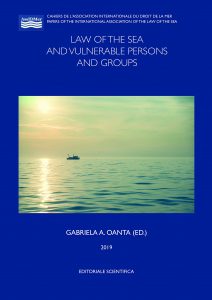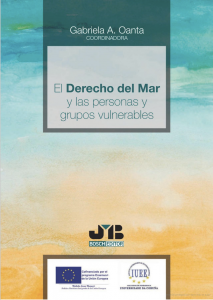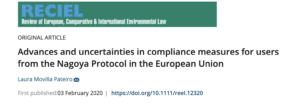The EBB project has added two new members on the last two months. Carlos Ferreira has joined to the CIIMAR while Marimar Costa has started to be part of the ECIMAT team of CIM- University of Vigo. With these new additions EBB aims to increase its visibility in the media by improving its communication tasks and streamlining the administrative and technical tasks arising from coordination.
Carlos Ferreira
Carlos Ferreira graduated in Biochemistry in 2009, at the Faculty of Sciences 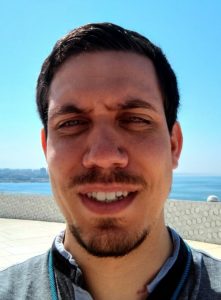 of the University of Porto, and completed his master in Environmental Contamination and Toxicology in 2011, at Abel Salazar Biomedical Sciences Institute of the University of Porto. Later, he participated in different environmentally friendly biotechnological projects, completing his PhD in Environmental Engineering in 2019, at the Faculty of Engineering of the University of Porto. Currently as part of the EBB project, Carlos is CIIMAR’s responsible for the establishment of communication plans and outreach activities as well as for the definition of protocols for the preservation of CIIMAR’s LEGE culture collection. He is also responsible for the implementation of a quality system for collections users as well as elaboration of reports.
of the University of Porto, and completed his master in Environmental Contamination and Toxicology in 2011, at Abel Salazar Biomedical Sciences Institute of the University of Porto. Later, he participated in different environmentally friendly biotechnological projects, completing his PhD in Environmental Engineering in 2019, at the Faculty of Engineering of the University of Porto. Currently as part of the EBB project, Carlos is CIIMAR’s responsible for the establishment of communication plans and outreach activities as well as for the definition of protocols for the preservation of CIIMAR’s LEGE culture collection. He is also responsible for the implementation of a quality system for collections users as well as elaboration of reports.
Marimar Costa
Marimar Costa graduated in Biology and Biochemistry has a background in Marine Biology. She holds a PhD in immunology in aquaculture and she has worked on the 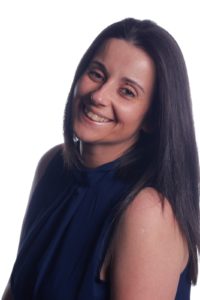 study of the molecular bases which govern the immune system of different cultured species, as well as, on the genetic response against their main pathogens. After her contribution to different international research projects on several institutions, she joined the EBB project in March 2020, precisely one week after the COVID-19 lockdown began and ever since she has been assisting the EBB Coordination team at University of Vigo, providing both administrative and technical support. With her work she will be contributing to a more agile fulfilment of EBB tasks and to improve EBB visibility and impact.
study of the molecular bases which govern the immune system of different cultured species, as well as, on the genetic response against their main pathogens. After her contribution to different international research projects on several institutions, she joined the EBB project in March 2020, precisely one week after the COVID-19 lockdown began and ever since she has been assisting the EBB Coordination team at University of Vigo, providing both administrative and technical support. With her work she will be contributing to a more agile fulfilment of EBB tasks and to improve EBB visibility and impact.


